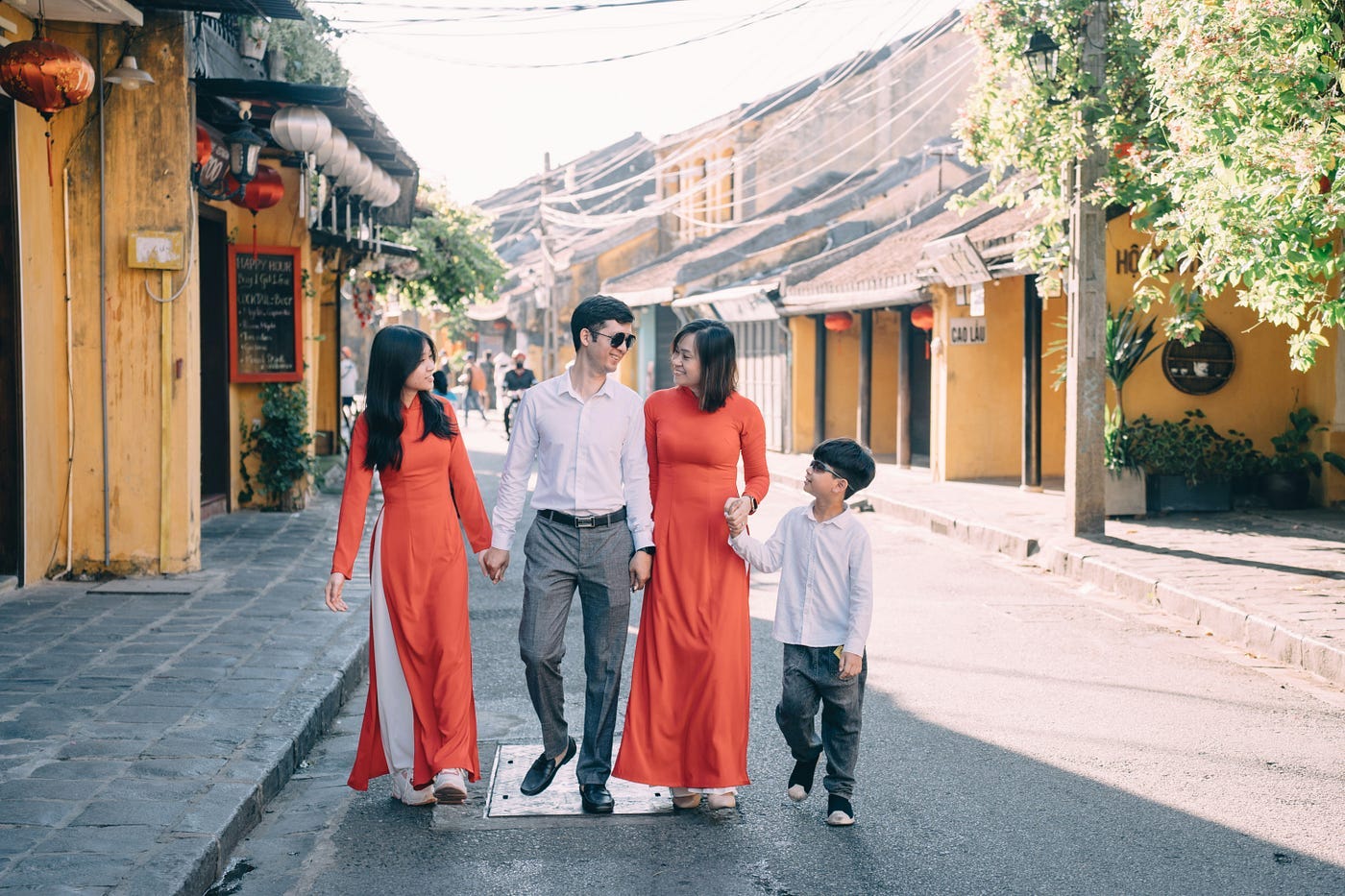Having written a lot about narcissistic and dysfunctional families, I spent some time considering what a ‘healthy’ family might be like, and came up with the following set of values:
Secure Attachment
There is no such thing as spoiling an infant in a healthy family. The mother and father know the importance of safety and connection in helping the child establish trust in others and a strong sense of Self.
As much as humanly possible, the healthy parent will remain open and empathic to their kid, giving them ample touch, eye contact, attention and mirroring.
Temporary Worship
While the child bonds with the parent, the guardians of a healthy family are careful not to abuse their child’s vulnerable position. They allow the child to depend wholly on them as a coping mechanism but they do not encourage it.
The parent will instead work with the child to help them transition from a state of dependence and worship to a state of personal power. The guardians are leaders, not demagogues. They communicate this by exhibiting healthy shame, which includes acknowledging their limits and accepting accountability for their wrong actions.
Over time, the parents demonstrate their flaws, and support the child in coming to terms with the fact that the only person who knows best for the child is the child. It only takes a long process of learning to trust their intuition and inner wisdom, and having the courage to make hard decisions in the world.
Personal Power
Infantilisation is supposed to be for a limited time — during infancy and early childhood. The more the child grows, the more they are encouraged to attend to their own needs. The guardian teaches the child the importance of informed decision-making and life skills, and that the reins for their life belong in their own hands.
Equity
Birth order will undoubtedly affect each child’s upbringing. Regardless, the parents will endeavour to give the children equal rights while nurturing each child’s unique personality and talents. The message is clear: You are unique, but from the family’s perspective, you stand equal to your siblings.
Emotional Openness
Each family member can express their emotions. The healthy guardian, free of dysfunction, can put their ego aside and empathise with the child.
Also, because the parent is well-versed in handling their own emotions, they can tolerate the child’s outbursts without striking back. Because the child’s feelings have space, their authentic Self thrives, and they feel safe and connected to their family.
This open-door policy on emotions, while sometimes creating anarchy, binds the family together and injects it with spontaneity and life.
Communication
The children are encouraged to speak up about their wants and needs. The guardians listen and then compromise on each request, based on what they can realistically offer. While the child does not always get their way, they are still heard and validated, hence reducing misunderstandings and resentment.
Boundaries
Each family member is encouraged to use honest communication to establish personal space. Boundaries are especially necessary for a sense of safety. The child cannot feel engulfed or powerless if they are to thrive. The parents engage them but take care not to intrude on their boundaries. The parents also set their own boundaries so that the child can be themselves without fear of causing harm or resentment.
Accountability
Nobody is above the family law, and everyone is accountable for their actions. This includes the guardians, who must exhibit healthy shame and be willing to apologise to their children when they wrong them.
A position of power is not a licence to act shamelessly; it is a responsibility. If the children act out, the parents do not attack or shame them, but rather engage in a firm yet empathic manner.
Autonomy
The healthy parent will give the child a firm structure in which to feel secure, but also gives them space to explore their curiosity. Options will be limited at early age, but the healthy parent slowly expands the boundaries as the child grows older and becomes more competent and responsible. The aim is to transition from dependence to independence to interdependence, where each person feels connected while maintaining autonomy.
Handover
The young child worships the parent, who is aware that this temporary state is for the child’s well-being. As the child grows and develops a healthy ego, the parent will rely less on discipline and show more vulnerability.
The child must believe that they can surpass their guardian. The parent will therefore encourage the child to outgrow them, in effect ending the child’s worship. As the child grows confident, they rely on their intuition instead of looking to mummy or daddy for solutions. They grow in exciting and unpredictable ways, and their path takes them places the parent never imagined. The healthy parent will watch from the sidelines and cheer on the child as their journey progresses.
What are your thoughts? Is this blueprint realistic? If not, can it provide a lighthouse which we can aim towards, coming closer to the ideal yet never truly reaching it?
Browse more of my articles:
Narcissistic Relationships | Knowing The Narcissist | Abuse Recovery | The Narcissistic Family| Exploring Narcissism | Borderline & Histrionic
Check out my Books on Narcissistic Abuse. You can also Buy Me A Coffee to support my writing.
Subscribe to A World Beyond Narcissism
Finding lasting freedom through exposing cluster b psychology and pursuing self-actualisation.





you demonstrate that unconditional love is the source of the health. I love this idea for a family dynamic. It's harsh to hear the truth. However, you say it beautifully. It kind of puts Freud's family dynamic in the harsh light it deserves. Brilliant and compassionate.
I so wish this type of (healthy) parenting style was taught in schools. I love the part about the parent encouraging the child to outgrow them. THAT and this article are brilliant!!